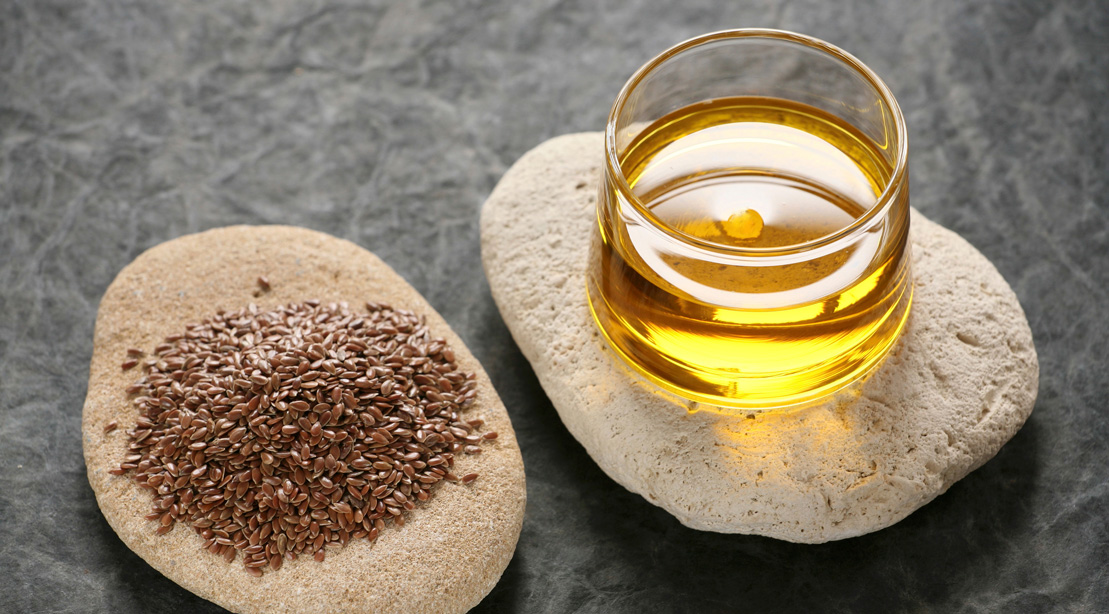The nutrition pendulum has swung back toward embracing healthy fats, which means oils are once again finding favor in meal-prep plans and clean menus alike. But just because oil is no longer vilified as a fat trap doesn’t mean it can’t trip up your diet goals. “Oils can be an important part of a balanced diet, but because they are calorically dense, it’s easy to overdo it,” notes Jessica Crandall, R.D.N., a spokesperson for the Academy of Nutrition and Dietetics. Here’s how to make sure you’re getting the nutrition you need to look and perform your best.
<p class='slide-count'>1 of 5</p><img width="1109" height="614" src="/uploadfile/2024/1211/20241211120757417.jpg"><p class="photo-credit">Aleksandra Shutova / EyeEm / Getty</p>Canola
Best for: You name it
Canola, which comes from a cultivar of the rapeseed plant, is one of those universal oils that seems to be able to do it all. Thanks to its neutral flavor and relatively high smoke point (the temperature at which it turns acrid and bitter when heated), canola can take on your sautéing and salad dressings with equal aplomb.
Caution: Canola lasts about one year before it goes rancid; store in a cool, dark place to maximize its lifespan.

Russ Rohde / Getty
Coconut
Best for: Baking, high-temperature cooking
Coconut oil is more popular now than ever, with some calling it the latest health superfood that can aid in everything from boosting weight loss to reducing the risk of Alzheimer’s. From a cooking standpoint, coconut oil has a sweet, nutty taste that’s ideal for baking; it also adds a tropical taste to curries, fish dishes, and more.
Caution: Many of the health benefits attributed to coconut oil come from its medium-chain fatty acids, which are more easily absorbed in the body and are a good source of energy for athletes. That said, “coconut may not have the many health benefits it’s touted for,” says Crandall. “The research simply does not support all of the claims being made.”

Westend61 / Getty
Avocado
Best for: High-temperature cooking (roasting, searing, sautéing)
Avocado has one of the highest smoke points of all oils (about 520°), so it’s great for dishes in which you need high heat. Because it’s rich in monounsaturated fat, it’s also considered a heart-healthy option. You may also see avocado oil in a wide variety of beauty products for healthy skin and hair.
Caution: Avocado oils are often more expensive than other oils on the market; make sure you’re using ones that are for cooking in the kitchen, and leave the oils for cosmetic purposes for your beauty routine.

Leser, Nicolas / Getty
Flaxseed
Best for: Salad dressings; as a finisher for grains, veggies, or proteins
With its combo of both omega-3 and omega-6 fatty acids, flaxseed may be a good vegetarian alternative to fish oil, although research is mixed about whether flaxseed has the same health benefits, since the body can’t convert the acids as easily once they are digested.
Caution: Flaxseed is heat sensitive and easily broken down by heat, light, and oxygen; with its low smoke point, it’s best drizzled over already prepared foods rather than heated on the stove.

Image Source / Getty
Olive
Best for: Sautés, dressings
Light or regular olive oil has a lighter hue than extra-virgin olive oil, which tends to be a bit more flavorful. (Light oils are typically treated with chemical solvents; extra-virgin olive oil is the pure oil extracted from the olives.) Stick with the former for high-heat cooking, since it has a higher smoke point, and the latter for times you want to add flavor, such as for vinaigrettes or simply drizzling over grilled vegetables. High in monounsaturated fatty acids, olive oil has been linked to healthy cholesterol levels and a lower risk of heart disease.
Caution: Extra-virgin olive oil has a distinct flavor profile, says Crandall, but it can overwhelm certain dishes, so be careful not to overdo it.